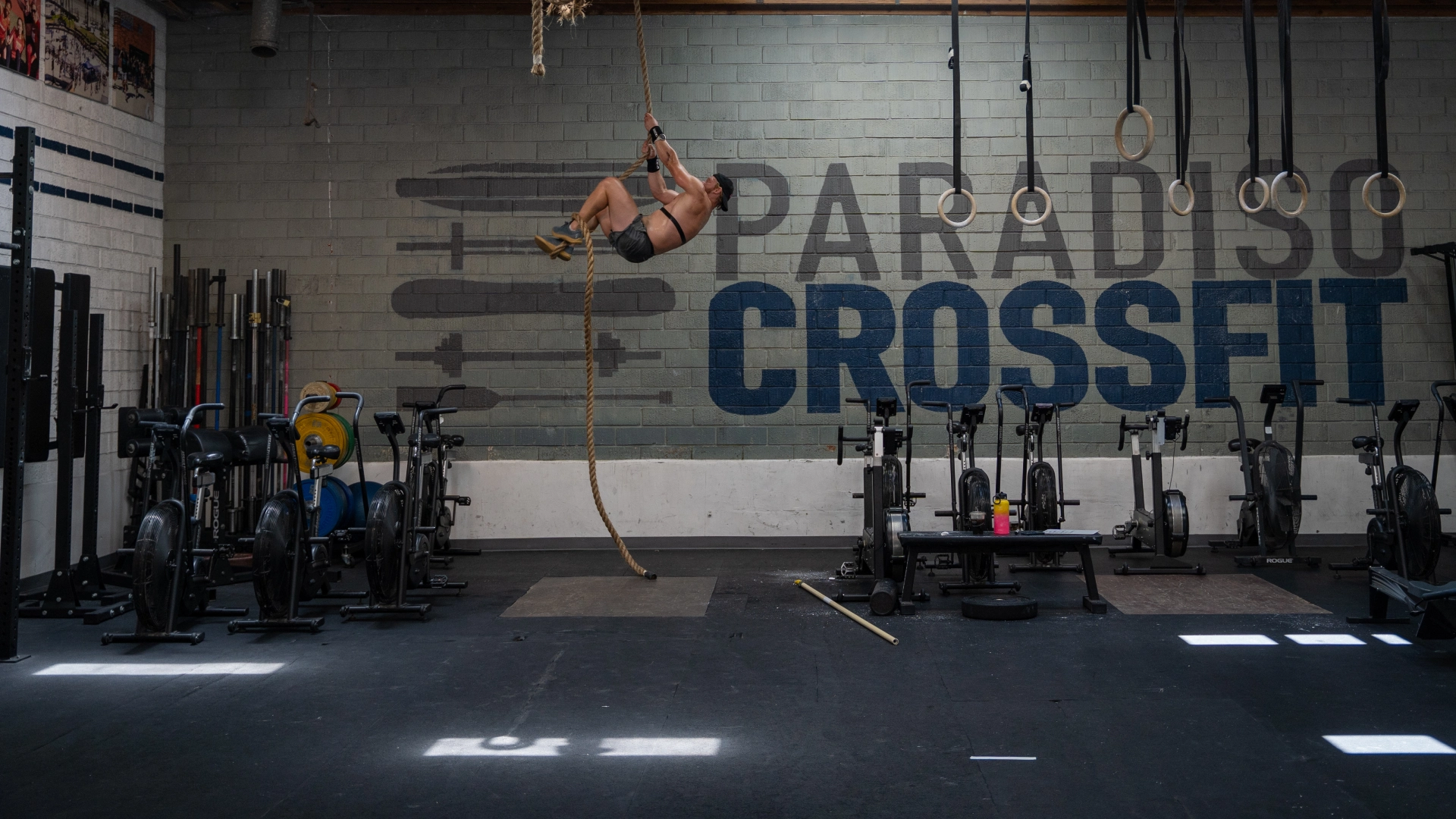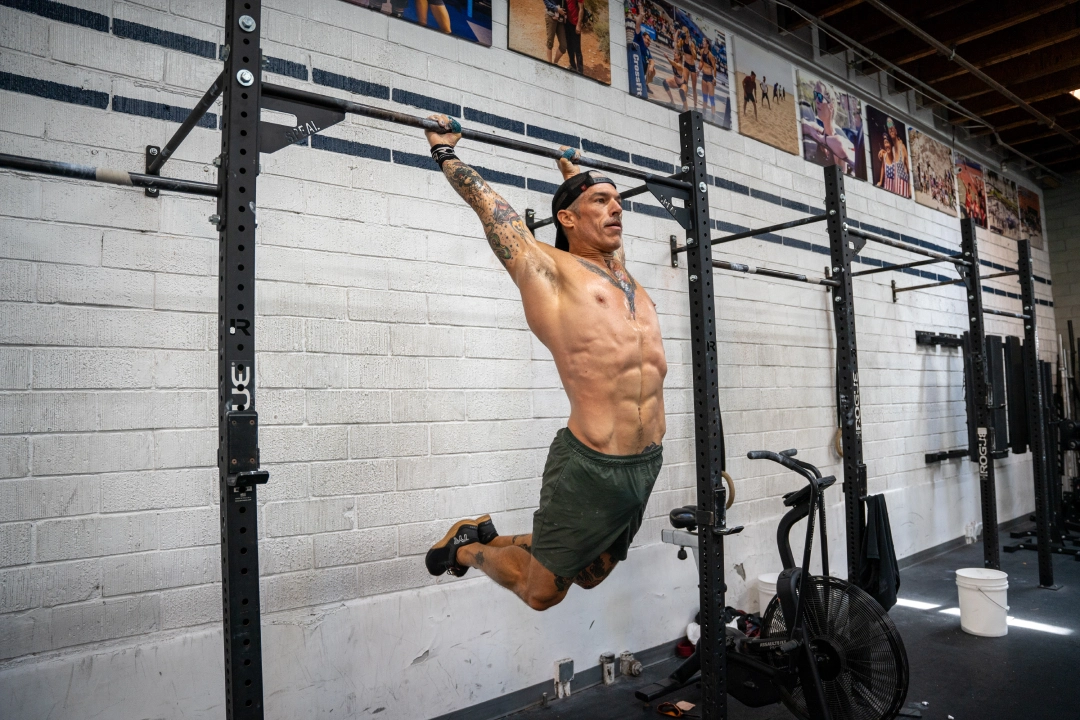Find lasting success in a supportive community
Experienced trainers and customizable programs to help you stay consistent in your fitness journey
Experienced trainers and customizable programs to help you stay consistent in your fitness journey



You will get in the best shape of your life with us.
No matter your fitness goals, we are here to empower you along the way.
Whatever your wellness goals are, we’ll help you figure out the right fitness plan and stick to it.
Find a Fitness Routine that Works for You
We understand how intimidating it can be to get started on a new fitness journey. Don't worry, our aim is to make your journey as simple as possible.
Paradiso CrossFit has been around for years helping people reach their fitness goals.
It is our goal to challenge every person to become a better version of themselves.

How do I sign up for a free trial?
Click the "Start your free trial" link and schedule your intro session at our Venice or Culver locations.
How long does it take to see results?
Results take time, but if you’re consistent, they will come. If you are a beginner, results will come fairly quickly; even in only 30 days, you may start to see a difference in your strength and overall fitness.
Do I get the chance to meet new friends?
Yes. We like to organize our fitness classes into small groups, as this allows you to meet others.
What sets you apart from other gyms?
We are a community of people that share the same fitness journey as you. We are here to build each other up - if you win, we all win.
How often do you recommend coming to workout classes?
If you are a beginner, we recommend starting with 2 to 4 classes a week, with the goal of working up to 5 a week after your first few months. It may take a while for your body to get used to training at that intensity, so listen to your body and know you will need recovery time between training days.
Do you provide free refreshments there?
We have filtered water available to our members. Other snacks and drinks are available for purchase.
Do I have to be fit to join?
No! No matter what your current fitness level is, we have the fitness program that is right for you. Every workout is designed to help you succeed, improve fitness, and move you toward your goals. Our program is designed for universal scalability, making it the perfect application for any committed individual regardless of experience.
What payment methods do you accept?
We take all major credit cards and debit cards. We do not accept personal checks.
What kind of exercises can I expect during a workout?
Our class programming will include a strength portion in which you’ll work on something like Olympic weightlifting, deadlifting, squatting, or bodyweight strength or you may work on a skill like handstand push-ups. After the strength or skill portion of the class is complete, most days will involve a workout that was programmed for that specific day. Workouts can be anywhere between 5 to 20 minutes or more.
Do I have to stop eating my favorite foods to be healthy?
No! A healthy lifestyle has to be manageable and realistic for the long term. Do enjoy special indulgences and meals! The healthier you are, the healthier you tend to want to eat. You get hooked on feeling good, and junk food just isn’t worth it. By avoiding excessive amounts of refined carbohydrates and measuring your intake of protein, carbohydrates, and fat, you will see dramatic, measurable increases in health.